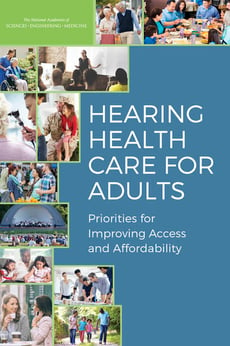 Hearing loss can take many forms. It can be mild or severe, present at birth or begin later in life, occur gradually or suddenly, and result from a health condition or accompany aging. It is estimated that 30 million people in the United States have hearing loss. Hearing loss has been identified as the 5th leading cause, globally, of years lived with disability and is the 3rd most common chronic condition in the non-institutionalized older population. Furthermore, as the U.S. population of older adults increases, hearing loss will become an area of even greater concern.
Hearing loss can take many forms. It can be mild or severe, present at birth or begin later in life, occur gradually or suddenly, and result from a health condition or accompany aging. It is estimated that 30 million people in the United States have hearing loss. Hearing loss has been identified as the 5th leading cause, globally, of years lived with disability and is the 3rd most common chronic condition in the non-institutionalized older population. Furthermore, as the U.S. population of older adults increases, hearing loss will become an area of even greater concern.
Related Blog: 10 Reasons Why You Should Take a Hearing Test
- The US population 65 years and older grew 10 fold and those 85 and older grew 30 fold between 1900 -2000, while the population under 65 only grew 3 fold in same time frame.
- By 2030, the older population (>65) will double what it was in 2000, while the total US population growth is projected to be slower.
- Numerically, California has the largest number of older people (3.6 million), followed by Florida (2.8 million) and New York (2.3 million), but Florida has the highest proportion of older people at 16.7%.
Hearing is a vital human sense that is important to communication, health and quality. Hearing loss often leads to isolation and contributes to depression, especially in the elderly. Yet for a variety of reasons, many people with hearing loss do not seek out or receive hearing health care. Estimates of hearing aid use are that 67 to 86 percent of adults (50 years and older) who may benefit from hearing aids do not use them, and many hearing assistive technologies as well as auditory rehabilitation services are not fully utilized. Long seen as an issue for individuals (and to some extent their families and friends), there is a growing recognition that hearing loss is a significant public health concern that can be addressed by actions at multiple levels.
The National Academies of Sciences, Engineering, and Medicine convened an expert committee to study the accessibility and affordability of hearing health care for adults in the United States.
Using a set of guiding principles to help shape its work, the committee recommends key institutional, technological, and regulatory changes that would enable consumers to find and fully use the appropriate, affordable, and high-quality services, technologies, and supports they need.
Hearing loss must be recognized as a public health concern, influenced and affected by decisions and actions at multiple levels. Improving the accessibility and affordability of hearing health care will require solutions that span society: collaborative and sustained work from stakeholders in the public and private sectors and across professions.
At the Silverstein Institute, one of our goals is to educate the public on the treatment options available for those with hearing loss. Because with today’s advanced technologies and the numerous options for help, no one has to live with hearing loss or deafness anymore. We even have multiple programs in place, through our non-profit Ear Research Foundation, to provide assistance to financially eligible candidates because the gift of hearing should be made available to everyone, even those who can afford it.
If you or someone you care about is suffering from hearing loss, please contact us for an appointment to learn more about your options.










